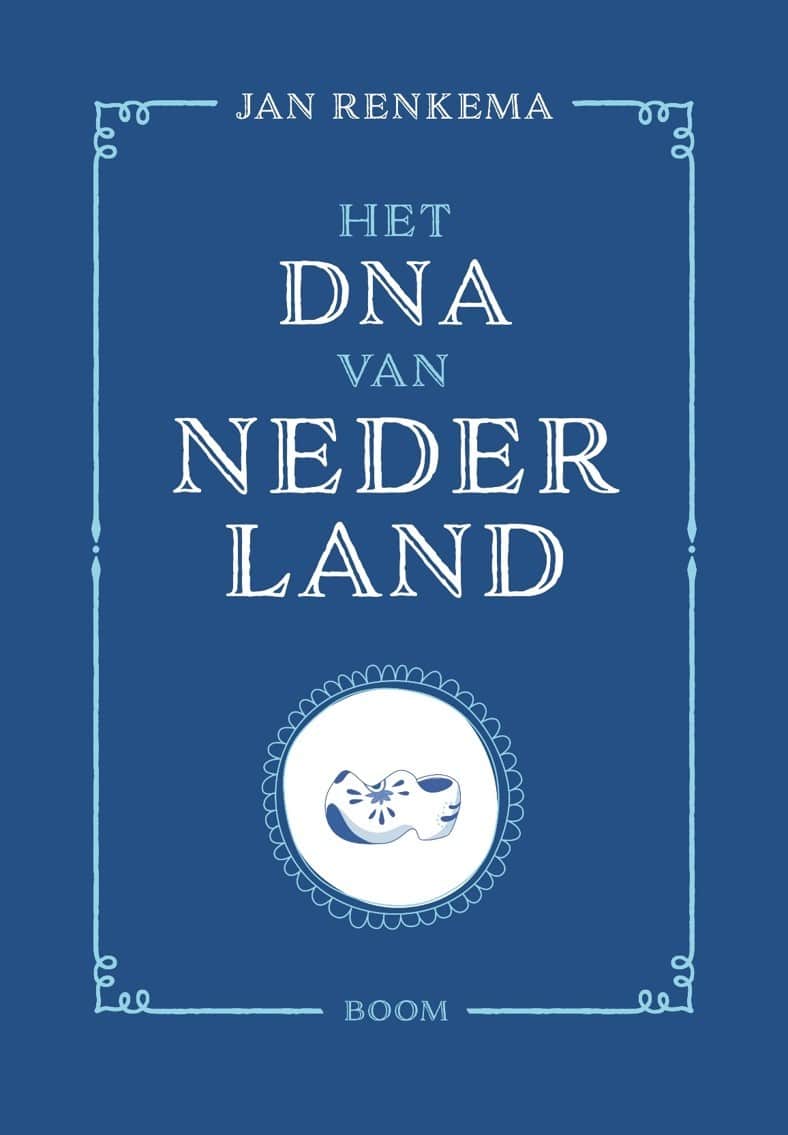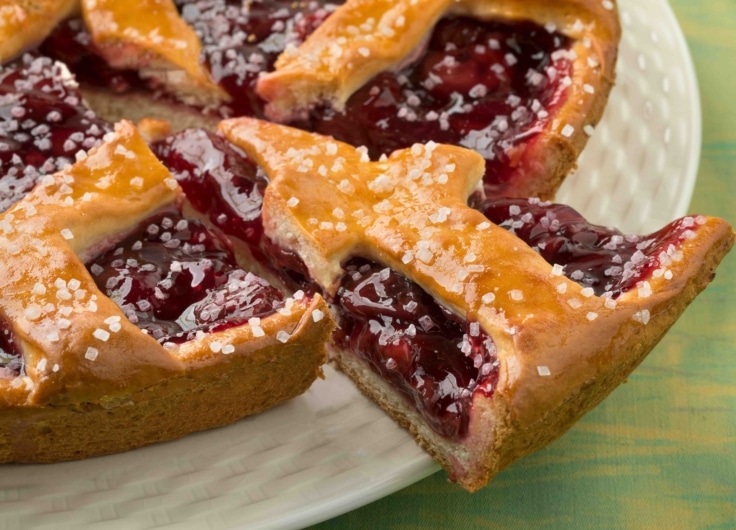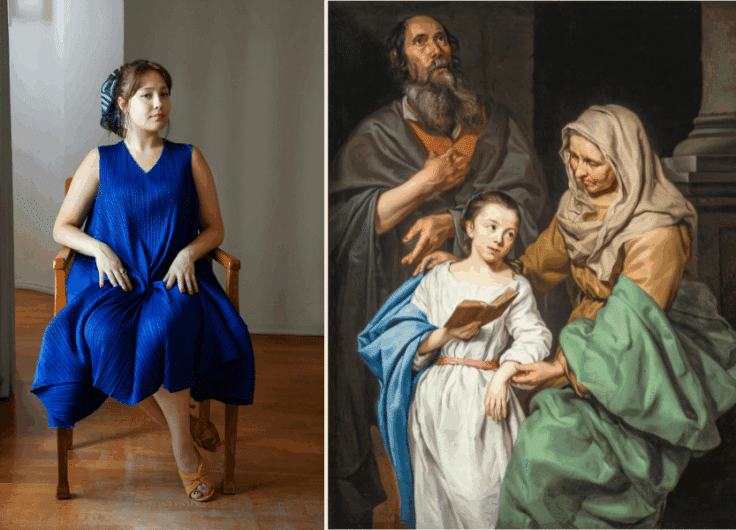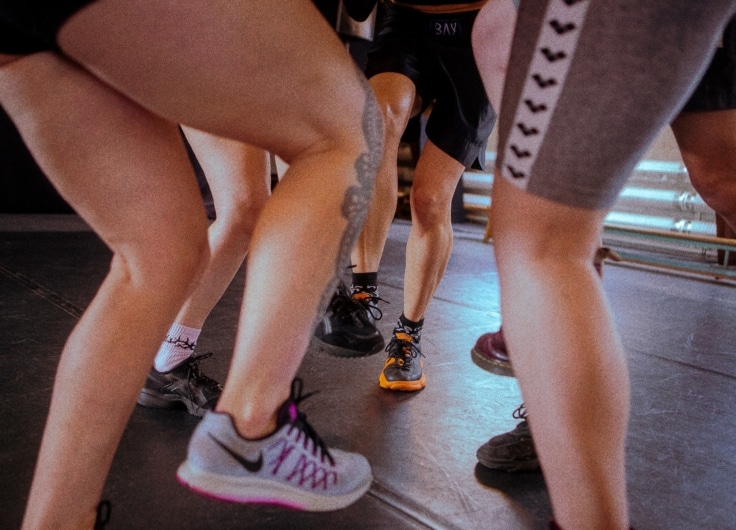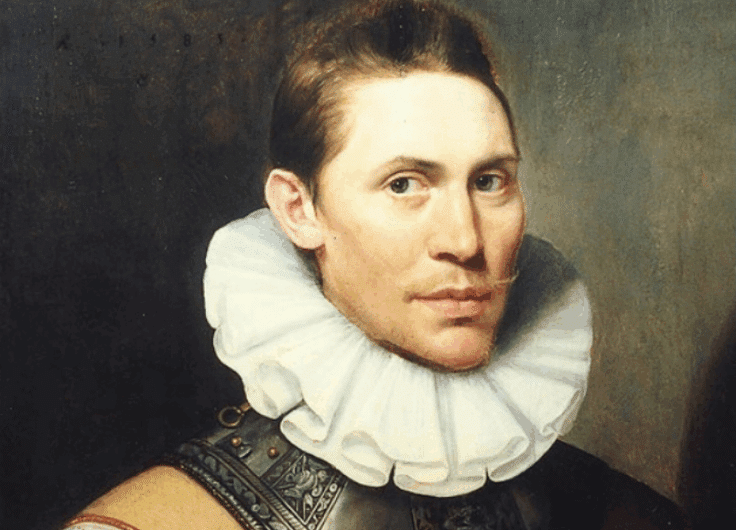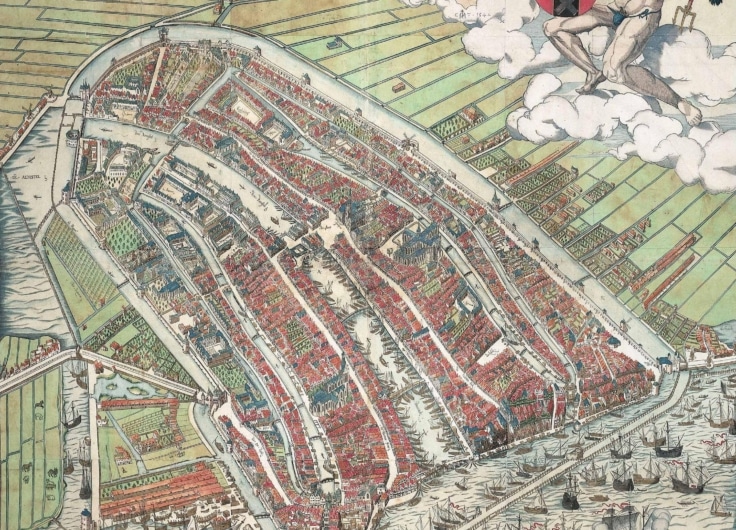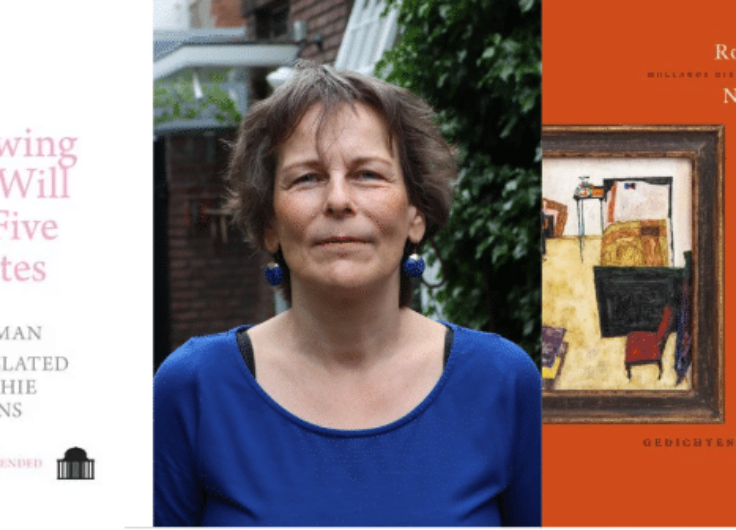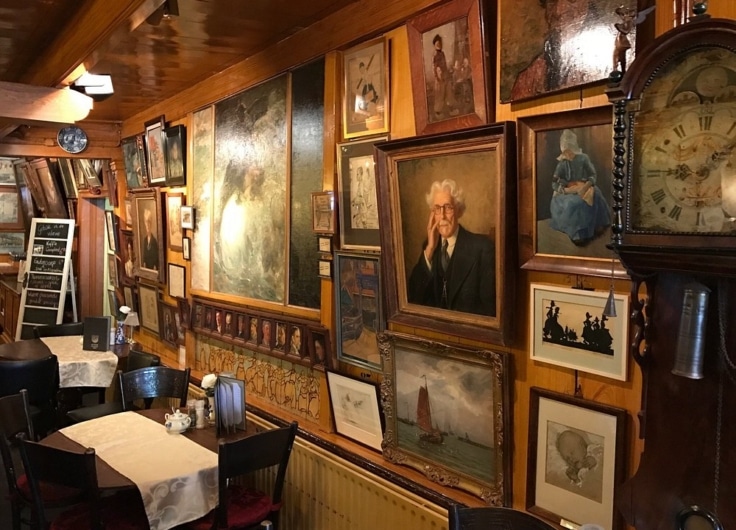Why the Dutch Leave Their Curtains Open
Is there such a thing as a ‘Dutch identity’? And if so, what does it look like? Jan Renkema provides a clear analysis of the main characteristics in his pamphlet ‘The DNA of the Netherlands’. This week he explains why the Dutch have developed a strong sense of individuality and privacy.
I think we should actually be landing soon. Take another look down. Our country looks almost like a mosaic of stamps. All so neatly arranged in small compartments of fields, meadows, industrial areas and water. Everything is neatly cut through by roads and waterways. No area is left unused. Even the rows of dunes are nicely framed.
Long before our time, there was a lot of activity in this flat, branching river delta: fishing, agriculture, and trade along the rivers and inland seas. The Netherlands turned out to be very favourably situated between vast hinterlands and an open sea. That and our liberal tolerance attracted many more people to the area. In the last few decades, a large number of Muslims from countries such as Morocco and Turkey have moved here.
 In the last few decades, a large number of Muslims from countries such as Morocco and Turkey have moved to the Netherlands.
In the last few decades, a large number of Muslims from countries such as Morocco and Turkey have moved to the Netherlands.Our country is very densely populated, but people are scattered between a great many towns and villages. Most people live in the west close to the sea, in a greener area of marshy woodland. The name Holland
comes from the word hol, related to hout
meaning ‘wood’. People there live in independent cities, towns and villages, but really it is just one big Randstad with some parkland in between. We may add, too, that in our country nature mostly consists of beautifully cultivated flower fields. Every year at Easter, the Dutch horticultural sector provides the floral tribute at St. Peter’s Square in Rome. Then we wait for the Pope to say, ‘Thank you for the flowers’ in his Urbi et Orbi speech.
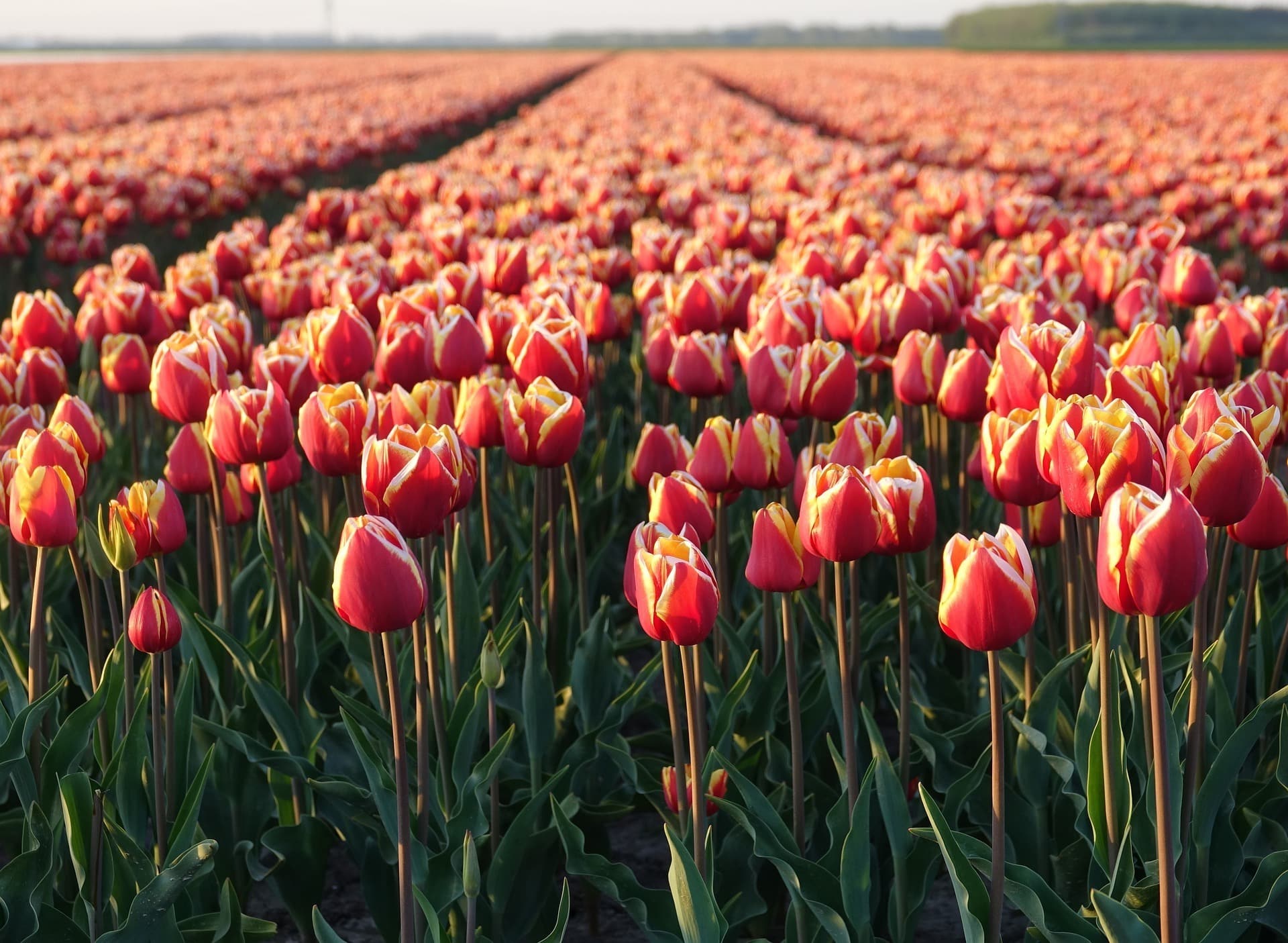 In the Netherlands nature mostly consists of beautifully cultivated flower fields.
In the Netherlands nature mostly consists of beautifully cultivated flower fields.© Pexels
Due to the population density, the Dutch have developed a strong sense of individuality and privacy. Living close together, the physical distance between people is often small. Dutch people rarely queue up, for example, – they will jam together when trying to get a seat on the train at the same time. In cafés, waiters must try to manoeuvre a loaded tray to a table spill-free. The limited physical distance obviously requires a larger mental distance.
 The Dutch prefer to give birth at home rather than in a hospital
The Dutch prefer to give birth at home rather than in a hospitalThis privacy also means that the government cannot interfere with what happens behind closed doors. The intimacy of family life is very important in the Netherlands. In much the same way, people prefer to give birth at home rather than in a hospital, because the way we see it, giving birth is not an illness. It is also rare to spontaneously visit one another, except perhaps for a birthday. There is a tendency for people to leave their curtains open in the evenings, but that isn’t to be mistaken for actually being open in their private affairs. This sense of privacy also exists in the context of whole groups or communities, cherishing one’s own culture within a minority group or association, having ‘sovereignty in one’s own circle’.
Many Dutch people are very fond of having a garden, even if only at a holiday park, where they go when their small dwellings in the city become too oppressive. They like to keep their doorstep clean. At least, that used to be the case; now old bicycles are sometimes thrown into the canals, and our plastic waste often washes up on the beach. Although a private garden path provides a link to the outside world, a certain level of seclusion is needed to survive in this densely populated country. Among all the hustle and bustle, it is very handy that we have different pavements for pedestrians, bicycles and cars, with curbs for extra safety and raised platforms for tram stops.
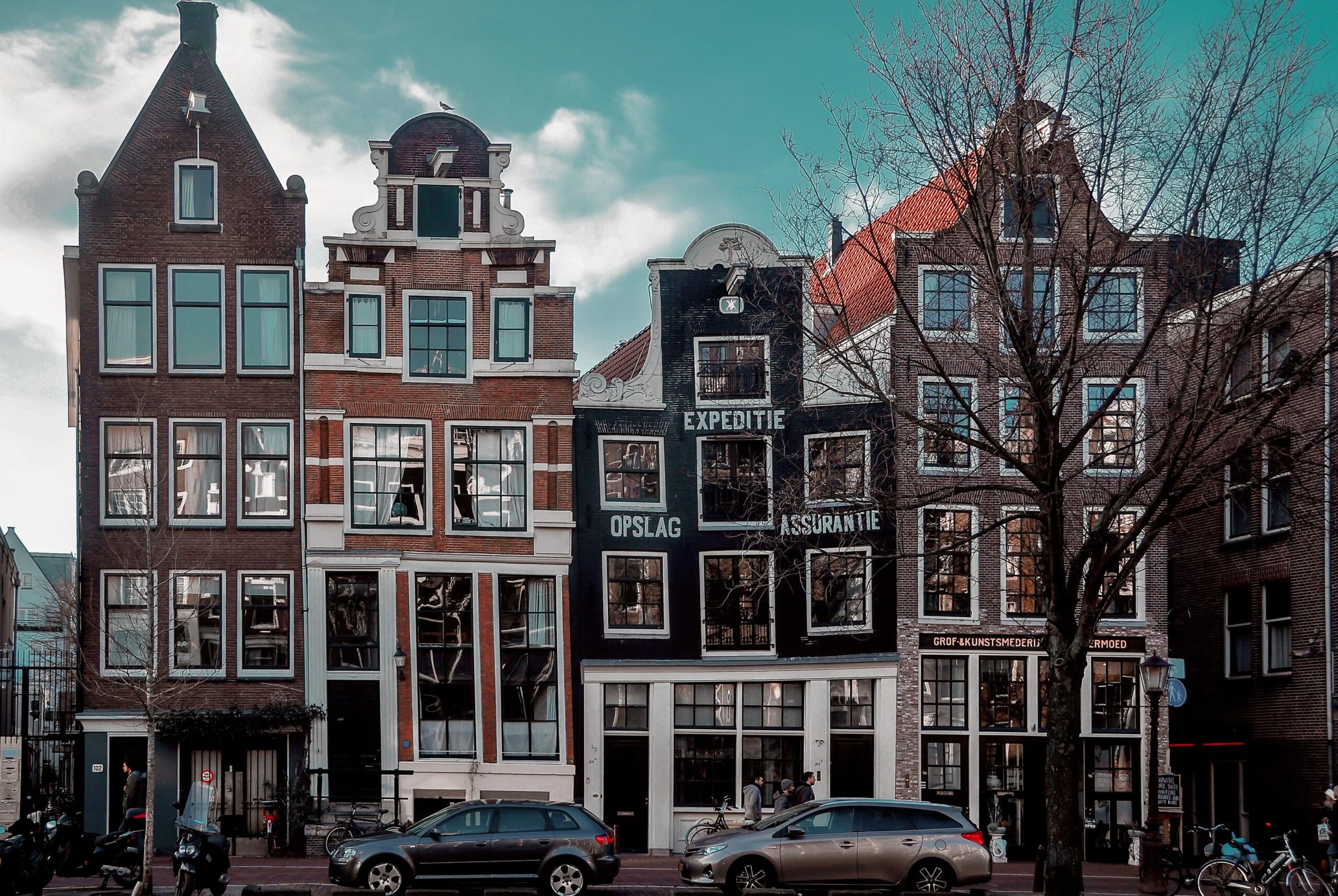 Houses in Amsterdam
Houses in Amsterdam© Photo by Victor He on Unsplash
Yet here, too, there is a negative side. Living close together has led to a sometimes-stifling bureaucracy. Say you would like to install a dormer window in your own home, you must fill out quite a number of forms. And if a dolphin suddenly washes ashore on the beach, in densely populated areas it is not immediately clear who will take responsibility for the situation. We then have to develop a new policy for such things, which leads to further regulations. As such, the Netherlands now has a ‘protocol for the stranding of large, live sea mammals.’
The craving of individuality can also descend into rigidly clinging to one’s own principles
The craving for individuality and ‘sitting in your own garden’ can also descend into rigidly clinging to one’s own principles, values and norms. Then a sort of box mentality arises, with a petty narrow-mindedness and a narrow moralism; everybody on their own little island, behind their own dyke. The Netherlands then becomes a compartmentalised society of boxes within boxes, in a land of still more boxes, while in reality it is simply the beautiful natural mosaic that we’ve just seen below us.
